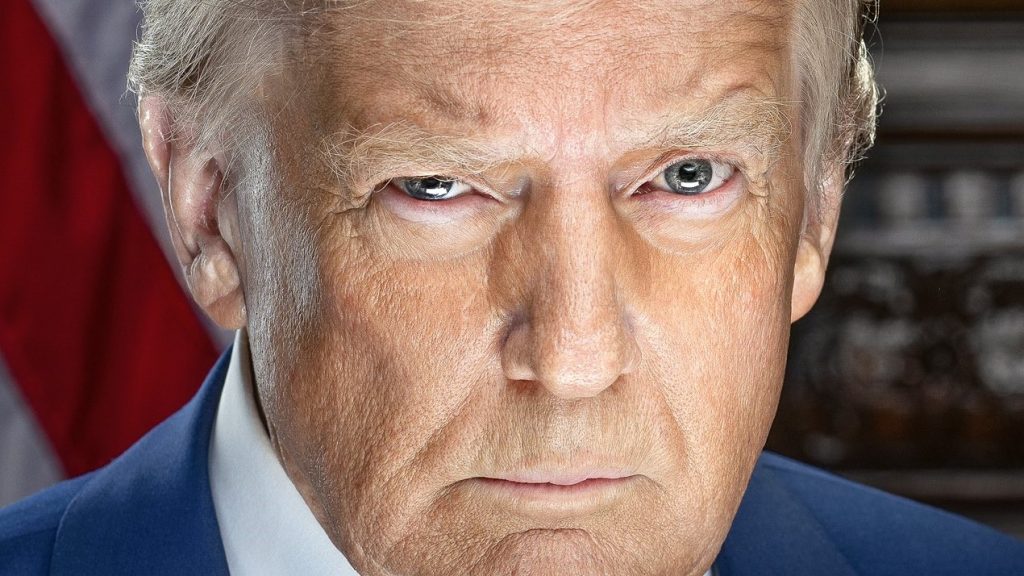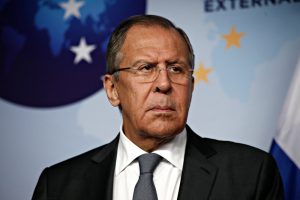The U.S. president endorsed a leaked conversation accusing European nations of exploiting American defense support, escalating transatlantic tensions.
Others are reading now
In another sign of deepening friction between the United States and its European allies, President Donald Trump on Tuesday endorsed controversial remarks made by Defense Secretary Pete Hegseth, who accused European nations of being “freeloaders” in a leaked group chat discussing military operations in Yemen.
As reported by HotNews.ro, the comments emerged from a Signal chat where senior Trump administration officials—including Vice President JD Vance and National Security Advisor Michael Waltz—discussed the U.S. role in securing global maritime routes. The chat was inadvertently shared with a journalist from The Atlantic, revealing candid frustration with European defense contributions.
Leaked Messages and Strategic Grievances
According to the leaked messages, Vance argued that American-led strikes would ultimately benefit Europe, given its reliance on secure maritime routes. “I don’t like bailing out Europe again,” he reportedly wrote. Hegseth responded minutes later: “I fully share your aversion to freeloading Europeans. It’s pathetic.”
Waltz added that Trump had instructed the administration to develop mechanisms for recouping the costs of defending international waters, potentially billing European governments. “Either now or in a few weeks, the U.S. will be the one reopening these shipping lanes,” Waltz stated.
Also read
When asked about the leak, Trump openly supported the sentiment: “Yes, I think they’ve been freeloaders,” he told reporters, reinforcing his long-held view that NATO allies and other partners should pay more for their defense.
Renewed Pressure on NATO Allies
Trump’s remarks are consistent with his broader foreign policy stance, which places burden-sharing at the center of U.S. strategic commitments. During his first term, he frequently accused NATO members of underfunding their militaries while benefiting from American protection.
This latest episode adds fuel to ongoing concerns in European capitals about Trump’s reliability as a security partner. With conflicts flaring in the Red Sea and global shipping under threat, European leaders may now face renewed pressure to increase military spending—or risk strained ties with Washington as the U.S. demands a return on its global security role.








